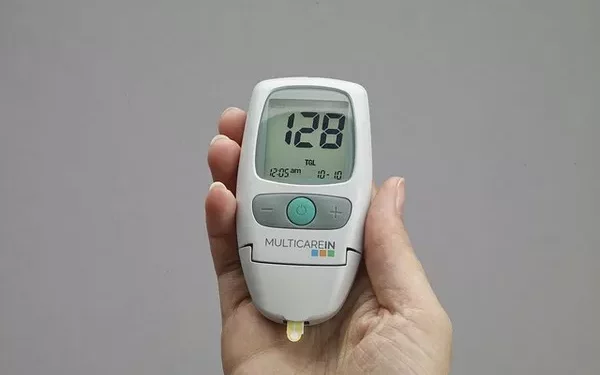Type 2 diabetes doesn’t develop overnight—its signs can appear long before the condition becomes full-blown. One of the earliest indicators can be found when you’re in the bathroom.
Dr. Mohamed Najjar from Jorja Healthcare Group explains that frequent urination, especially during the night, is often one of the first symptoms of type 2 diabetes that people tend to overlook. This is an early warning sign of a condition known as Non-Diabetic Hyperglycemia (NDH), formerly referred to as prediabetes.
“An increasing thirst and more frequent urination than usual are often the first signs of a person becoming prediabetic,” says Dr. Najjar, as reported by Express.co.uk. NDH refers to a situation where blood sugar levels are elevated but not yet high enough to be classified as diabetes. This condition is often missed because it may not feel like anything is wrong.
At this stage, the body struggles to regulate blood sugar effectively. The kidneys work harder to filter the excess sugar from the blood, which is then expelled through urine. This is why frequent urination becomes more common.
Other Early Symptoms to Watch For
In addition to frequent urination and persistent thirst, several other signs may appear, including:
-
Blurred vision
-
Feeling excessively tired or sleepy during the day
-
Unexplained weight loss
Unfortunately, many people dismiss these symptoms as normal fatigue or stress. NDH is often only detected during routine blood tests, as many individuals do not feel ill enough to seek medical attention.
Early Detection Is Key
Identifying NDH early is crucial because it is a reversible condition. With lifestyle changes, such as adopting a healthy diet, engaging in regular physical activity, and managing weight, blood sugar levels can return to normal, preventing the progression to type 2 diabetes.
“This is a crucial warning sign for individuals to make lifestyle changes to prevent type 2 diabetes, as well as other serious conditions such as heart disease and stroke,” explains Dr. Najjar.
Risk Factors for Type 2 Diabetes
Certain factors increase the risk of developing type 2 diabetes. These include:
-
Excess weight or obesity
-
Age over 45
-
A family history of diabetes
-
High blood pressure
-
Liver issues
If you have one or more of these risk factors and begin experiencing symptoms like frequent urination, don’t ignore them. It’s important to consult a healthcare provider for a proper examination and to prevent the development of type 2 diabetes.
Related topics:
Sugar Substitute Erythritol Linked to Increased Stroke Risk, Study Reveals

























